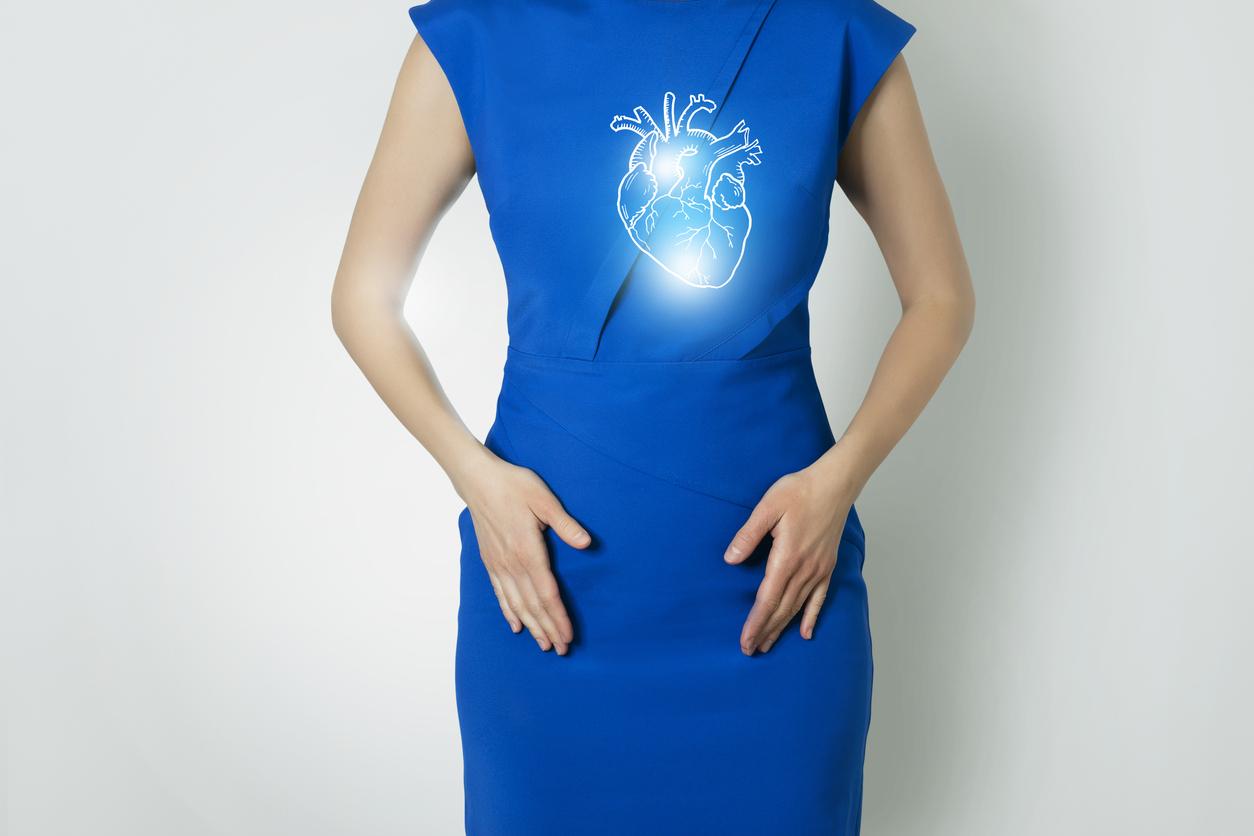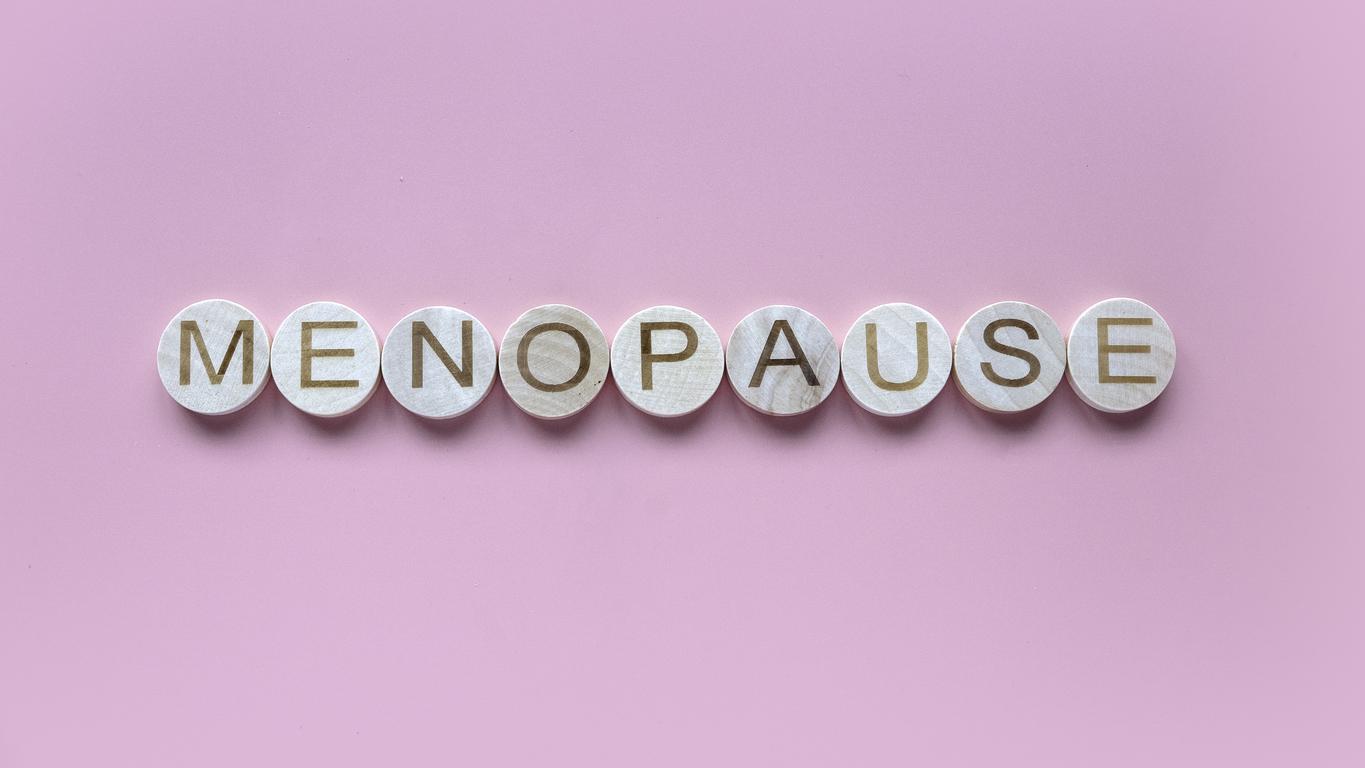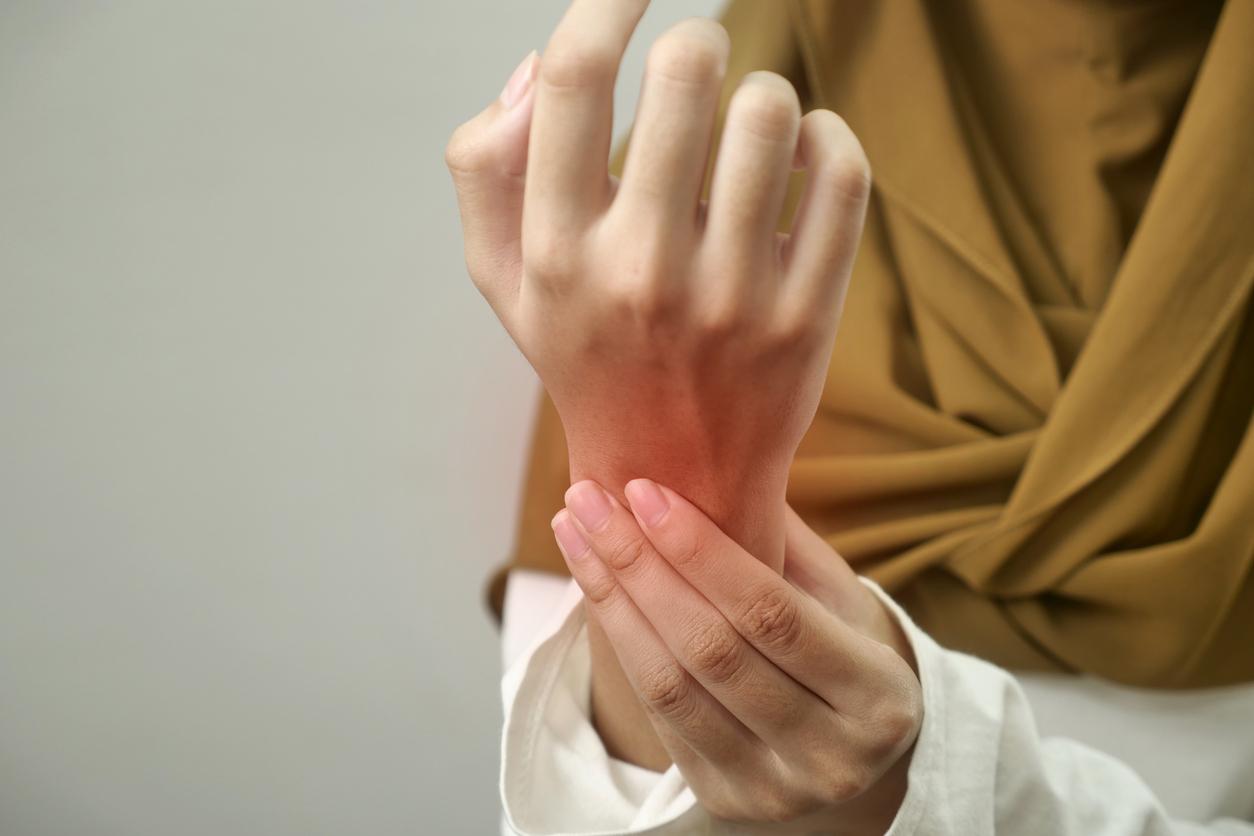A research team has determined the best non-hormonal treatments for hot flashes and other symptoms of menopause.

- Hypnosis is the most effective non-hormonal therapy for reducing menopausal hot flashes, a new study finds.
- Hypnosis also improves the quality of life and sleep and the mood of menopausal women.
- Regarding cognitive and behavioral therapy interventions, the results were more mixed.
Hot flashes are the most common symptom of menopause, affecting between 40% and 70% of women. Hormone replacement therapy for menopause can help reduce them. However, some women cannot or do not want to take them. They then turn to hormonal treatments, the two most common of which are clinical hypnosis and cognitive behavioral therapy (CBT).
Researchers from Baylor University wanted to determine which of the two was more effective. They presented their findings at the Menopause Society’s 2024 annual meeting in Chicago, September 10-14.
Hot flashes: hypnosis reduces symptoms by 60%
To determine the most effective non-hormonal options for reducing hot flashes and improving quality of life in postmenopausal women, the team synthesized the results of 23 studies conducted between 1996 and 2022. In detail, 8 evaluated clinical hypnosis and 15 CBT.
Analyzing the data, the scientists found that clinical hypnosis interventions reduced the frequency and severity of hot flashes by more than 60%. Improvements in their other symptoms, quality of life, sleep quality, and mood were also observed.
Results were more mixed with cognitive behavioral therapy. The work demonstrated minimal impact on reducing the frequency of hot flashes, “although they have been shown to be helpful in reducing the interference and stress associated with hot flashes”the authors specify in their press release.

Hypnosis and hot flashes: more research needed
Faced with these results, Vanessa Muniz, lead author of the study at Baylor University, concludes: “Clinical hypnosis is the first behavioral intervention to significantly reduce physiologically recorded hot flashes“. She adds that “This suggests that hypnosis may act through mechanisms beyond response expectancy or placebo effect, potentially altering activity in the medial preoptic area of the hypothalamus.”
For the expert and her team, further research should be conducted to explore the neurophysiological mechanisms of hypnosis and find the most effective practices to optimize results in the management of hot flashes.

















